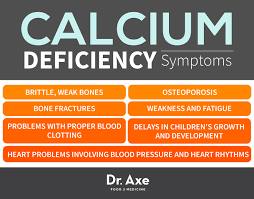Risk factors Maternal age at conception
Risk factors Maternal age at conception
Brought to U....http://successgain.us and http://successgain.info
My memories
Risk factors Maternal age at conception
Posted in 2013
Brought to you by http:// successgain.us
Brought to U....http://successgain.us and http://successgain.info
My memories
Risk factors Maternal age at conception
Posted in 2013
Everyone is aware of the ticking of the biological clock, but does your 35th birthday represent a particularly special milestone in biology? Do you hit 35 and suddenly become "high risk" overnight?
Women are delivering healthy babies throughout their 30s and beyond. The age of 35 is simply an age that certain risks become more worthy of discussion.
While these risks become slightly more likely after hitting 35 years old, this does not mean that they will have a significant impact on everyone in their mid-thirties and older.
Women are born with all the eggs they will ever have. As females age, the likelihood that they will get pregnant reduces due to the declining number of remaining eggs and their reduced quality.
Fertility also declines in men with age due to declining sperm counts, motility, and semen volume. These age-related factors combined can make it more difficult for women to become pregnant.
One study, published in The New England Journal of Medicine, found that among women who received artificial insemination, 74 percent of those under 31 years old were pregnant within a year. However, this decreased to 61 percent of individuals between the ages of 31 to 34, and it further declined to 54 percent of women aged 35 and over.
Unplanned pregnancies and no antenatal care straightway means pregnancies not benefited from preventive strategies against birth defects. According to NFSH 3, report 22.8% of pregnant female didn’t receive any antenatal care and 33% received any type of ANC care at 4 month or even later; 10% pregnancies were mistimed and 11% were not wanted at all. Common reasons for unplanned pregnancies reported in studies are contraceptive failure, lack of access to family planning information and services, personal or religious beliefs, inadequate knowledge about the risks of pregnancy following unprotected sexual relations, women’s limited decision making with regard to sexual relations and contraceptive use, and incest or rape.




Comments
Post a Comment